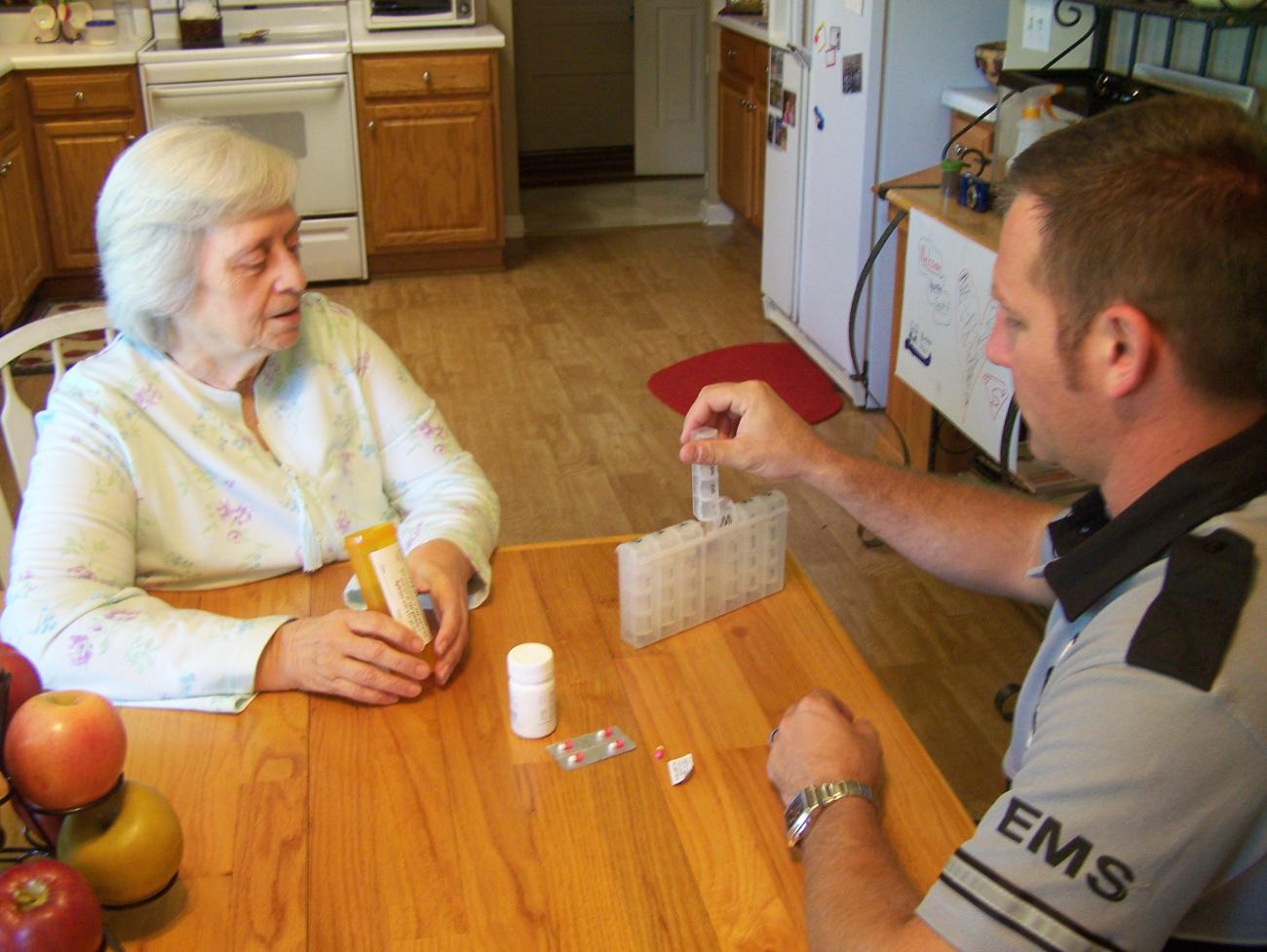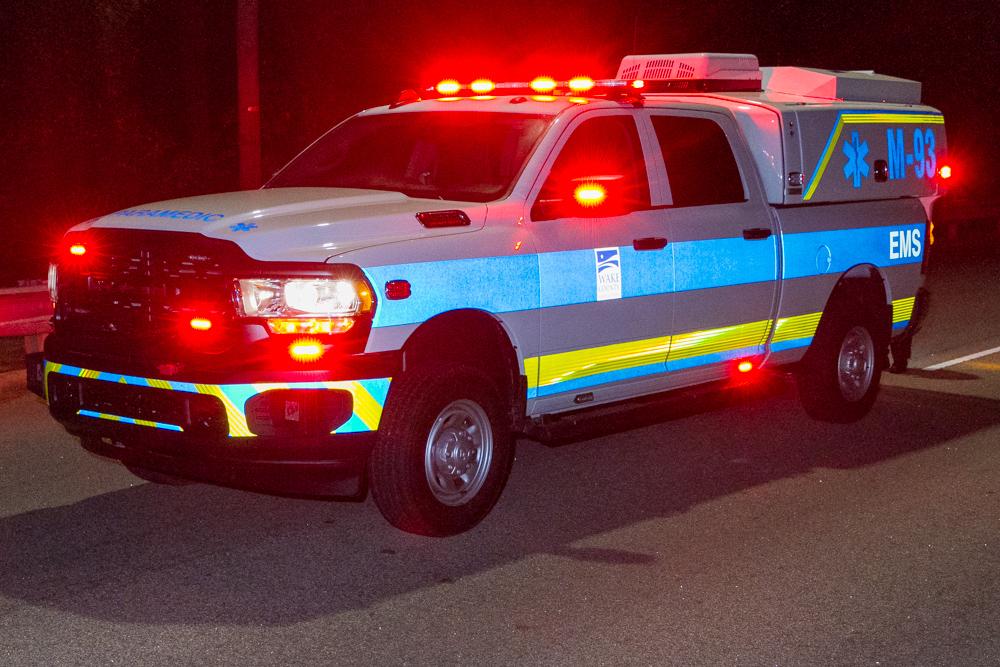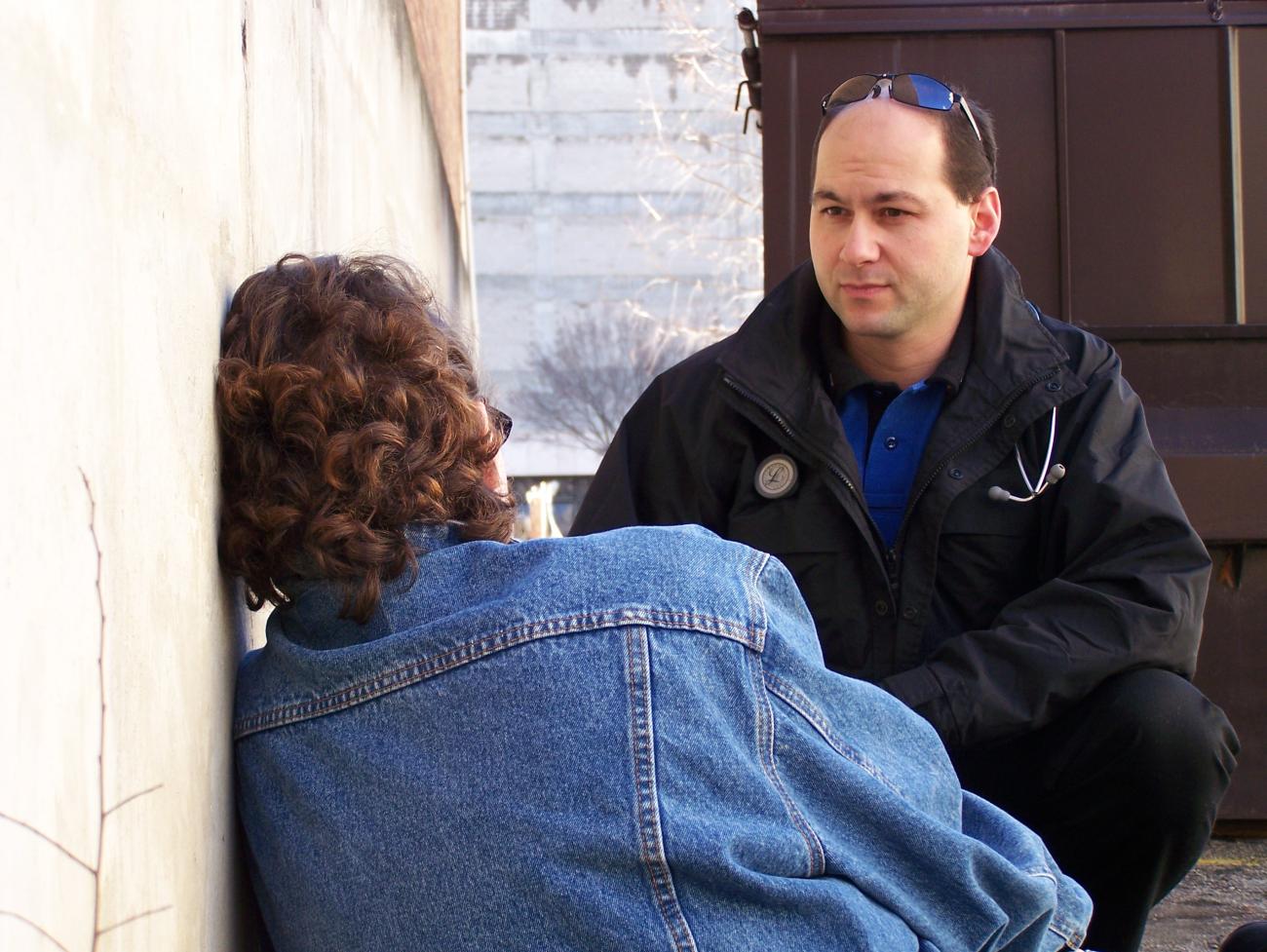In January 2009 Wake County EMS began a new "Advanced Practice Paramedic" (APP) program designed to add a new and efficient enhancement to the existing EMS service.
The APP program has three main objectives:
Reduce

Reduce the occurrence of medical crises for people with specific medical conditions known to benefit from close medical monitoring. Increasing the overall well-being of the person can prevent the need for EMS response and decrease the time and money spent by patients and other taxpayers for emergency room visits and hospital stays.
Studies show that diabetics, high blood pressure patients with congestive heart failure, those with increased risk of falls, and children with asthma may all significantly benefit by home visits from medical care providers such as our Advanced Practice Paramedics.
Respond

Respond on potentially critical emergencies to provide an additional experienced paramedic in support of the paramedics on the ambulances. While some EMS systems use a "paramedic chase car" to provide the lone paramedic responding to assist a basic ambulance, our approach brings APPs to provide a supplemental paramedic with a high frequency of critical patient care encounters to augment the care being provided by our outstanding ambulance-based EMS providers.
The Wake County EMS System currently uses 17 specially trained Advanced Practice Paramedics to operate up to five APP response units at the busiest times of the day, with at least two of those units remaining in service overnight. They operate out of single-responder vehicles with full set of paramedic equipment. To become qualified, APPs attend an in-house education program consisting of more than 200 didactic hours and 128 clinical hours.
Redirect

Redirect care for people with mental health or substance abuse crises at facilities other than the emergency room when no other medical emergency exists. APPs may evaluate a patient along with paramedics from a responding ambulance to help determine if the patient would benefit by treatment at another facility. For appropriate patients, the APP will determine the best alternative treatment location and arrange for the patient’s transportation and admission.
The mean hold time for a mental health patient in an emergency department is 14 hours. In one six-month period of the APP program, we referred 167 patients to more appropriate treatment facilities. That freed approximately 2,400 bed-hours in local emergency departments.
